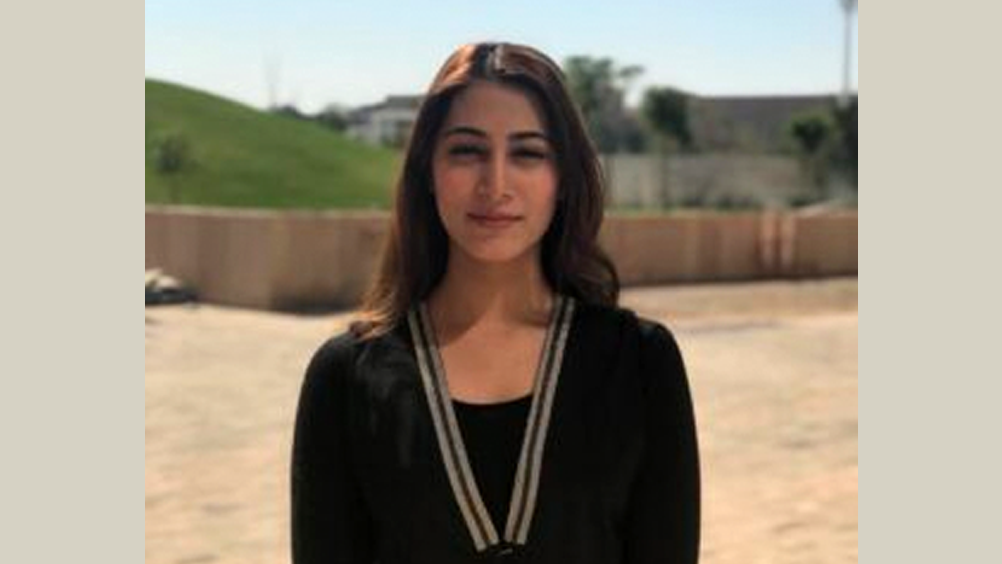New Georgetown Student Club Puts the Science into Social Science: Qatar Foundation Joins Starfleet

The effort to expand nuclear science knowledge in order to improve public policy is the focus of a new student club at Georgetown University in Qatar (GU-Q). The “SFS Hoya Starfleet” student club, recently launched by Ayesha Iqbal, a second year student majoring in International Politics, serves to merge the disciplines of natural science and governance policy to highlight the importance of having scientific knowledge for future leaders and policymakers, and represents the first club of its kind at the university.
The club is mentored by Dr. Kai-Henrik Barth, GU-Q’s senior assistant dean for research support and the professor teaching the university’s first required natural science course this academic year. The class gives students majoring in international affairs an introduction to the science behind nuclear weapons and an understanding of why that knowledge matters for anyone working on policy matters, not just scientists.
Ayesha, who enrolled in the course last semester, wanted to find a way to continue the discussion of science and society outside of the classroom. The idea for how to do that came to her, she said, while watching an episode of Star Trek. “I’ve always been fascinated by the level of technology involved in the organization of empires and planets in the science fiction realm, and I thought that would be a great way to think about our own world as well. I immediately took the idea to Dr. Barth, who told me he had long waited for a student to take this initiative.”
In the tradition of Star Trek fandom, club members are given rankings, with the faculty mentor serving as the Admiral, Ayesha as Captain, and GU-Q classmate Mariam Hassan as First Officer. “Mariam and I both love science, took the same nuclear physics course together, and have often talked about finding ways to encourage students to explore the link between science and physics in an engaging way.” Although it just started, the club has been steadily growing. Their inaugural event, which allowed participating students to digitally simulate and assess the fallout of a nuclear event, drew a large crowd of members and non-members alike.
After graduation, Ayesha hopes to continue her studies in nuclear physics, and ultimately plans to pursue a career in security studies and defense policy. Dr. Barth, who has provided mentorship in planning her academic path, is working to expand natural science offerings to students, and spearheads a collaboration between GU-Q and the Qatar Ministry of Defense’s National Committee for the Prohibition of Weapons (NCPW) to raise student awareness about the dangers of nuclear and chemical weapons of mass destruction (WMDs).